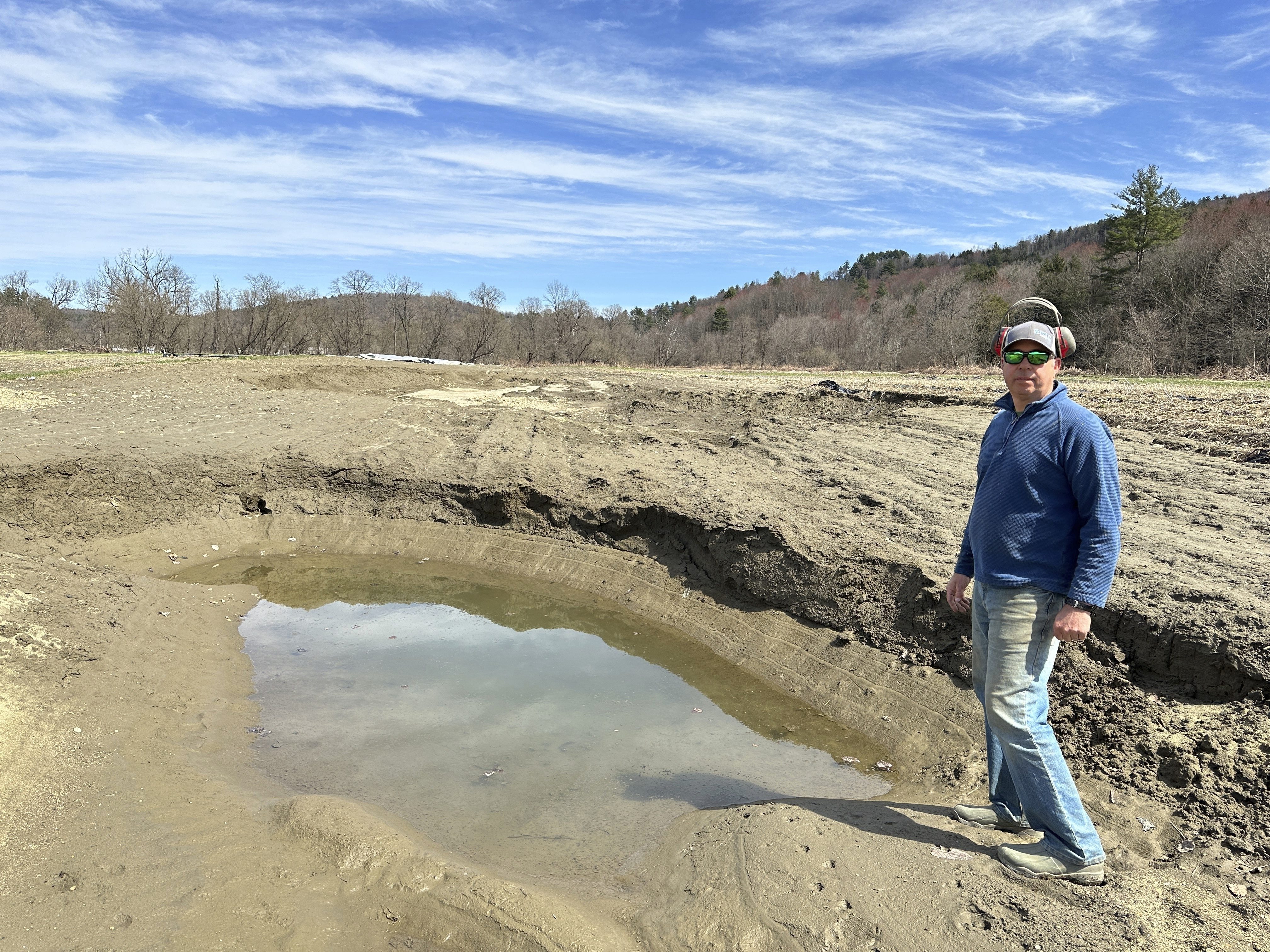Lawmakers in Vermont are considering a ban on the sale of ivory in the state, setting up a debate between advocates who insist it's a desperately-needed way to reduce poaching in Africa, and collectors of antiques who fear such a law would devalue their possessions because they couldn't legally sell them locally.
"Within our lifetimes, unless action is taken, elephants will be gone from the wild," warned Ashley McAvey, a member of the advocacy group Ivory Free Vermont, who said she has extensively studied the plight of African elephants for years.
McAvey argued the high prices of decorative objects and other items made from ivory directly inspire the killing of African elephants. An estimated 96 elephants die each day, she said, calling the animals "iconic" and their deaths at "crisis levels."
"Monetary value on an item perpetuates a trade," McAvey told necn.
A state bill proposing a ban on that trade of ivory, as well as rhinoceros horn, has sailed through the House of Representatives in Montpelier, and is now before a Senate committee. Fines assessed on Vermont ivory sellers would help fund anti-poaching work in Africa, according to the version of the bill that passed the House.
House bill H.297 was introduced with bipartisan support from Rep. Kurt Wright, R-Burlington, and Rep. Joan Lenes, D-Shelburne.
It's already against federal law to import raw ivory into the United States, but if the ivory is old, and has been here a long time, it's currently legal to sell within the state of Vermont. This legislation would change that, McAvey noted.
Vermont
The latest news from around the state
"Many of us feel this bill is a sledgehammer," auctioneer Duane Merrill told the Vermont Senate Committee on Economic Development, Housing and General Affairs this week. "You're really talking about thousands of pounds of ivory, probably, in the state of Vermont that's going to become worthless, in a relatively short period of time."
Merrill said ivory can be found on a wide variety of antique items such as buttons, silver tea sets as finials or handles, escutcheons on furniture, or as components of old firearms. Merrill told members of the committee he also has concerns that donations to museums could decrease if opportunities for tax write-offs drop with declining value on ivory items.
John Mazzucco, a collector of chess sets, told the committee it can be difficult to prove an item's provenance with official documentation, adding that dealers' and collectors' expertise is often relied on to visually assess the age and authenticity of ivory.
"We are all on the same page as far as stopping the killing of elephants," Mazzucco testified. "This bill is not the way to do it."
However, Ashley McAvey insisted the bill is the only way to have an effect on poaching, arguing that the very act of placing a high cash value on ivory encourages not just the killing of elephants, but also, trickery to skirt importation laws. McAvey said new ivory can be scuffed or dyed to appear antique to maintain a high value and dodge certain existing trade laws.
Whether an ivory item is old or new, McAvey said to her, it still generally represents a slaughtered elephant. "By buying and selling [ivory] today, it's like killing that elephant all over again," McAvey said.
A vigorous grassroots campaign to urge the passage of the bill has been underway in Vermont for well over a year, McAvey noted. A march pushing for Vermont's domestic sales ban took place in Burlington in October, and letter-writing to legislators has been extensive, she said.
Kid activists at the Vermont Commons School in South Burlington also made a video about Vermonters' advocacy for elephants. That video can be viewed on the website of Ivory Free Vermont.
Next week, the Vermont Senate Committee on Economic Development, Housing and General Affairs is scheduled to hear more testimony on the proposal to ban ivory sales. McAvey, Mazzucco, and Merrill are all expected to be there.



